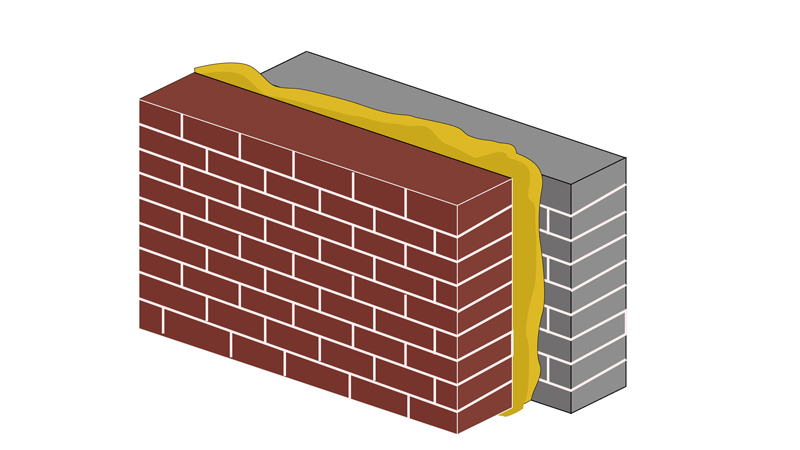Insulated Walls and Windows
Households today should invest in home insulation which is, an energy saving method to control temperature and humidity.
With most of the country to busy building earthquake resistant buildings, the general public has barely paid attention to the concept of thermal insulation. However, we see malls and big commercial buildings like hotel making use of insulated wall and windows because of their many advantages. There is no reason why they cannot be used in households.

So what is insulation?
Thermal insulation in general refers to blocking or reducing heat transfer among two objects. Insulation lets you maintain desired temperature in your house throughout the year by protecting it against the harsh cold of winter and excess heat during summer.\
In terms of construction, insulation is limited to the roofs, floors, walls, windows, and doors of buildings. Of these, insulated walls and windows are the most commonly used forms of insulation in residential homes. Cement fibre with a plastic polymer material is one type of insulating material available at NSight Spaces in Teku. The other option is the acoustic wall panels that come under prefab category. Both these materials use green technology, thus making them environment friendly products.
Insulated windows, on the other hand, is a booming product in the Nepalese market. The UPVC window profiles usually come in white, but are also available in a variety of other colors. Glazed with un-plasticized polyvinyl chloride, these windows are resistant to fire, strong winds and require virtually no maintenance.
Benefits of insulating your walls and windows
Save money on energy
If you choose to use insulated walls or windows when you build your house, it might initially put a slight dent in your pocket, but consider it a long-term investment. The life period of materials such as cement fibres, and glass wall panels to last over a decade, even up to 15 years.
Noise reduction
Putting a thermal insulation system in your home can help you keep your house peaceful and quiet. The extra insulated layers act as sound absorbing layers that keep noise levels low. This is especially useful if you have younger kids who love to scream and yell while playing in the house.
Moisture control
The main concept behind insulation is to trap heat and reduce humidity inside the house. Fibreglass is a poor conductor of heat that allows heat to be trapped there is temperature gradient. Insulation also helps reduce condensation which in turn helps to lower the amount of moisture trapped on the walls after daily activities such as bathing, cooking and washing. Low moisture level reduces the chances of developing rotting and frozen patches on the walls.


